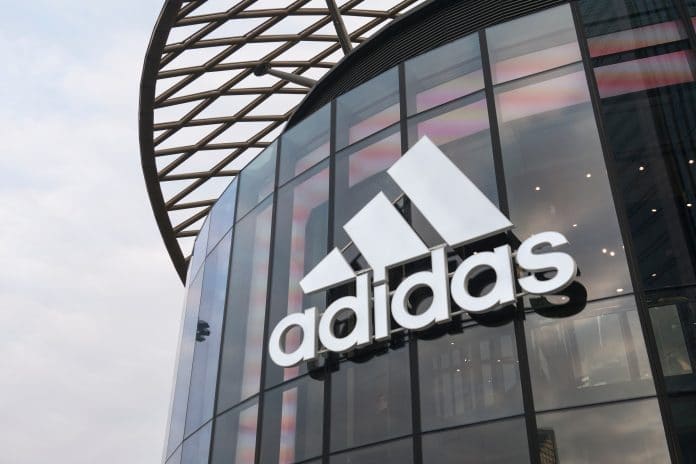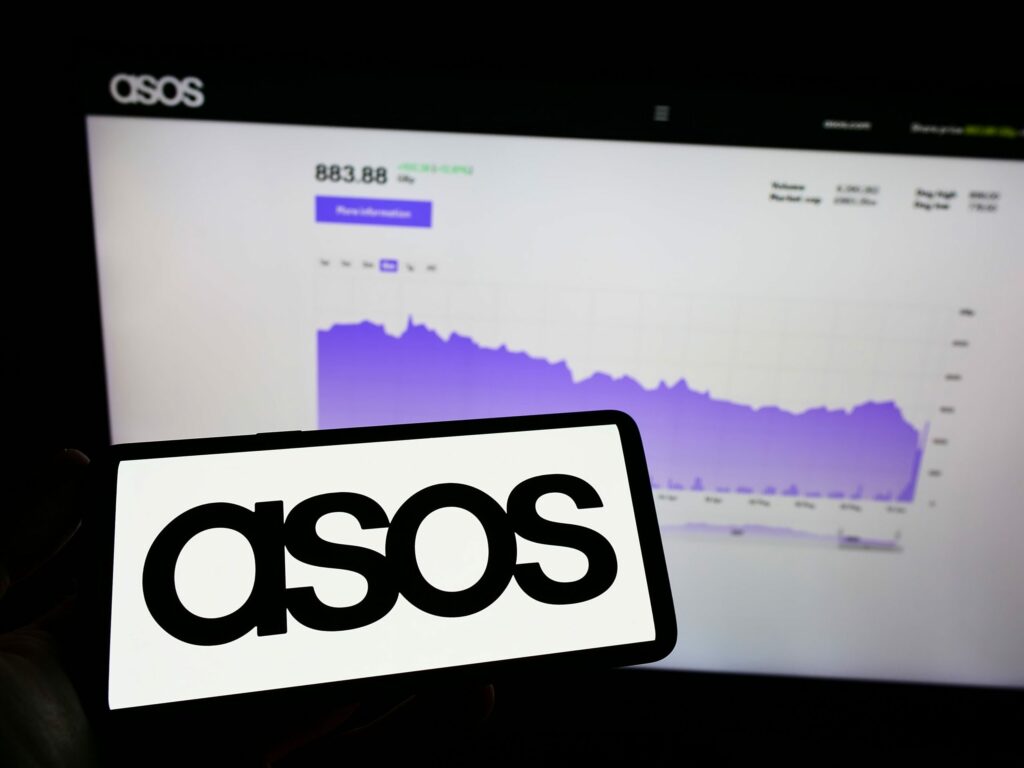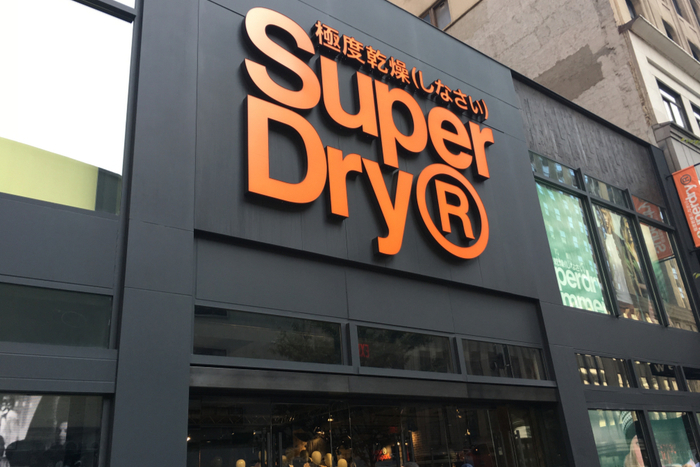The cost-of-living crisis has led to a spike in shoplifting, with recent figures from the Office for National Statistics revealing that incidents jumped 22% in the year to September.
With thefts on the rise, retailers have been taken radical steps to prevent shrinkage.
From displaying empty jars of coffee to facial recognition technology, Retail Gazette takes a look at some of the tactics retailers are using to stamp out shoplifting.
Facial recognition cameras at Sports Direct
Sports Direct has brought in the facial recognition technology Facewatch, to identify shoplifters, as well as any potential offenders.
Frasers Group, which owns Sports Direct, has rolled out biometric cameras across 27 of its stores.
The cameras scan the faces of shoppers so they can be compared against a database of suspected criminals.
Staff are informed if the technology matches a shopper’s face to one on the database.
It is down to staff to decide how to handle the situation, meaning the shopper could be removed from the store or closely monitored.
While customers’ faces will be scanned upon entering a store, they will later be deleted as long as they’re not flagged by the system.
But if staff discover someone they can “reasonably expect” is engaging in shoplifting, pictures are uploaded on the watchlist, kept for a year and can even be shared with other stores using Facewatch.
Use of the cameras has certainly proved controversial, with civil liberties campaigners labelling the technology as “Orwellian surveillance”.
However, Frasers Group has defended the move, explaining it is using the system to “ensure the safety” of staff and “help prevent theft”.
Sainsbury’s receipt scanning
Sainsbury’s shoppes have found they need to scan their receipts to exit certain stores.
The supermarket has installed exit barriers for those using the self-service checkouts across some stores, where customers need to show proof of their purchase to leave the store.
Speaking to Retail Gazette back in December, Sainsbury’s revealed the technology was not new, but had only recently been noticed by social media users.
However, as the technology gets rolled out to further stores, more and more shoppers are expressing their annoyance.
One shopper took to Twitter to say: “Essentially they are holding [people] hostage against their will as they refuse to let people leave without scanning a receipt that not everyone chooses to get in the first place. What will they do? Hold someone hostage and rifle through bags before releasing you?”
Sainsbury’s Balham for the first time in its history has placed all of us under suspicion of stealing – we can’t leave without scanning our receipts. It’s a bad consumer experience vibe.
— Jo ❤️ Balham (@JoRigby_Balham) May 2, 2023
M&S and Co-op limited products on shelves
Supermarkets have resorted to limiting the number of products displayed on shelves in some stores, in an attempt to reduce shoplifting.

M&S has limited the number of steaks on shelves in some of its shops, while Co-op has done the same for items such as jars of coffee.
One M&S customer at its Harrow store said there’s only been three steaks displayed on the shelf when she visited the store.
The astonished shopper explained that she had “never seen this sort of extreme security measures” before.
M&S told The Times: “Like many other retailers, in certain stores where there have been high incidences of theft, we will sometimes limit the number of higher-value items that are on display to deter shoplifters and keep our colleagues and customers safe.”
“If a customer wants more of a particular item than is displayed on the shelf, our colleagues are always on hand to help.”
Meanwhile, The Co-op has started displaying empty coffee jars on its shelves to prevent shoplifting in a move one shopper described as turning their local store into a “grocery showroom”.
One store in Walthamstow made the controversial move after the price of its 200g jar of Kenco Smooth instant coffee skyrocketed to £10.50.
Meanwhile, GPS-protected cases were seen housing coffee jars at a Co-op branch in Harborne, Birmingham.
A spokesperson for Co-op explained: “Protecting the safety of our colleagues is a priority, and we know shoplifting can be a flashpoint for violence against shopworkers, so whilst this is not a nationwide policy, a store can decide to implement product security measures at a local level, if they are experiencing a particular issue.”
Office one-shoe try-on
Office shoppers have reported only being allowed to try on one shoe at a time in some stores, to prevent customers walking out in a pair.
Some disgruntled customers have taken to social media to complain, with one describing the experience as “bleakness”.
“I tried shoes on in Office yesterday and they would only let me try on one shoe of each pair I was looking at, their policy now apparently – had similar feelings of bleakness”, one Twitter user remarked.
However, Office told Sky News that this was not a company-wide policy, but acknowledged a “few stores periodically follow this procedure by exception”.
The retailer has now instructed all of its stores “to immediately cease this practice.”
#Office instigates policy of trying on one shoe only.
“At Office/Offspring we aim to provide our customers with a great shopping experience”
‘Hopping’ experience, surely?#CostOfLivingCrisis
— Diane Messias (@NiceEtoile) May 31, 2023
Nisa
A Nisa convenience store in London’s Poplar has transformed shoplifting losses from £1,000 a week to less than £100 a week by using AI.
The store has integrated Veesion’s software with its existing CCTV cameras and security network to identify potential criminal activity.
“Shoplifting had always been bad here, but it became a real problem over the past three or four years,” store manager Sivakumar Pandian says.
“Shoplifters were starting to fight back and staff were getting injured. It’s not acceptable and so we had to think about new ways to address the problem.”

The technology detects any suspicious customer movements, including shoppers putting items in their pockets or unusual browsing patterns, and then notifies Nisa employees via an app.
“Once we are alerted to the suspicious activity and have dealt with it, we have three options,” Pandian says.
“We can either log it as ‘theft stopped’, ‘theft escaped’ or ‘no further action’ – which tells the AI system that it wasn’t a suspicious activity after all. This helps it learn what needs to be reported and what is normal shopping activity.”
Click here to sign up to Retail Gazette‘s free daily email newsletter


















